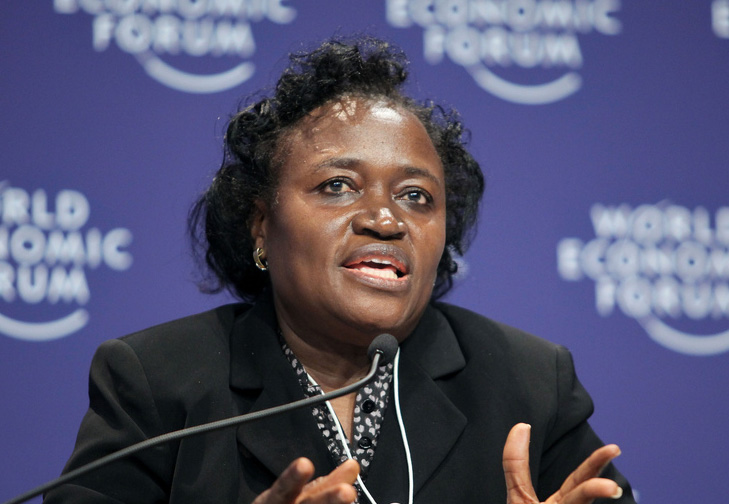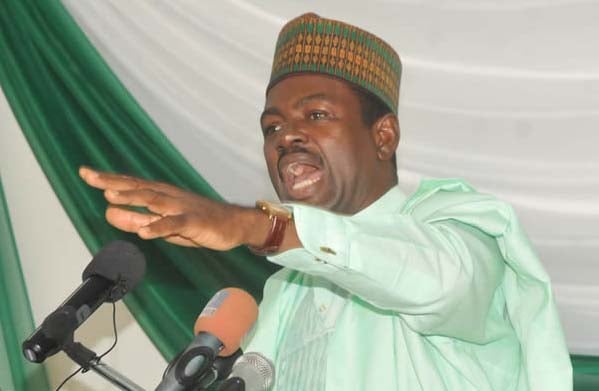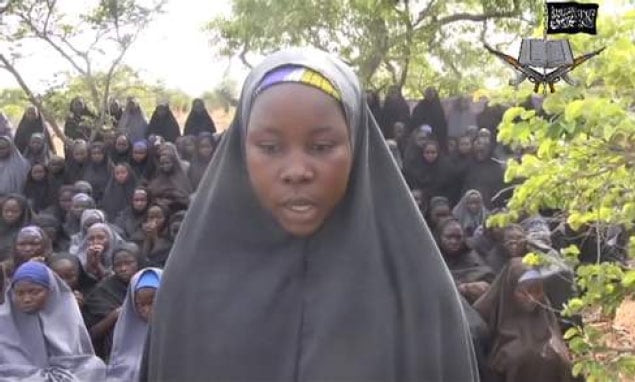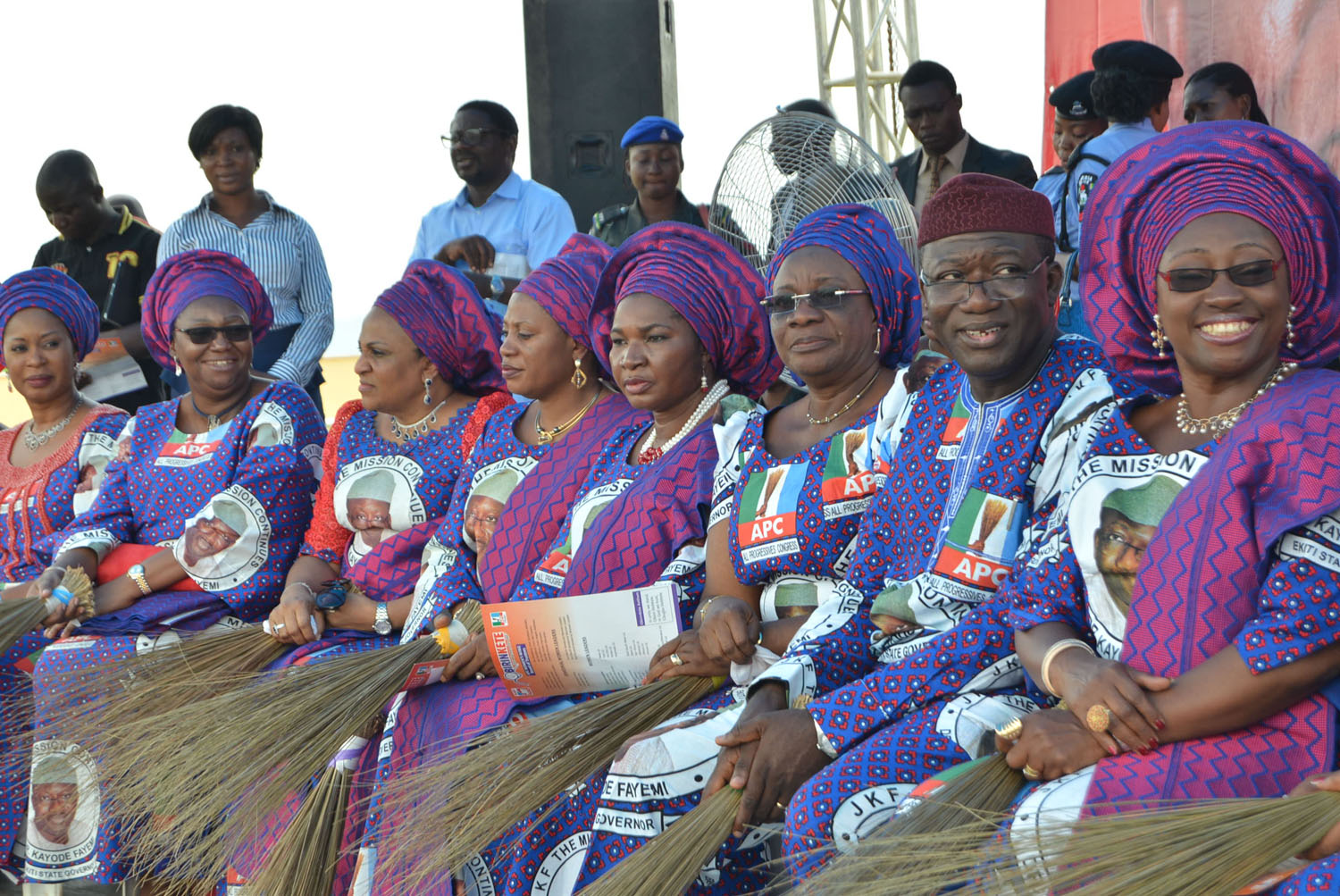The Monetary Policy Committee of the Central Bank of Nigeria (CBN) ended its two-day meeting Tuesday leaving the key interest rate and banking ratios unchanged.
It was satisfied with the stability in the economy within the period it reviewed (March 26-May 16), but warned of threats to price stability in the medium term. It last met in March.
MPC, which has responsibility to formulate monetary policy and manage price stability for the economy, retained the Monetary Policy Rate (MPR) at 12%, and retained the MPR corridor of +/-200 basis points.
It also left unchanged the 75% cash reserve requirement on government deposits and 15% CRR or private-sector deposits.
Advertisement
Inflation was contained within the target range, while there has recently been stability in the foreign exchange and the interbank market, and a “strong growth outlook”, it said.
At the interbank foreign exchange market, the selling rate of the naira opened at 164.65/$ and closed at 162.33/$, representing an appreciation of 1.41%, in the same period, according to the committee.
But the key challenge for policy formulation in the country is “that of sustaining and deepening the outcomes of existing policies,” MPC said.
Advertisement
Over the medium term, the Nigerian economy will experience both external and internal risks, according to the committee.
Risk factors
External risk factors will include the prospects for increased yields and interest rates in the US, and the rather low level of economic activity in the emerging markets.
These prospects “could have repercussions for foreign exchange inflows (private and official) and stability of the naira exchange rate,” MPC warned.
Advertisement
The above possibility means that should rates of return on investments improve in the US relative to the current levels in Nigeria, funds that could have flowed to Nigeria and other emerging markets in search of higher-return opportunities could rather be invested in the American economy to take advantage such a prospect.
One of the factors fuelling the high expectation of Africa’s economic renaissance is the high rates of return on investments in Africa, relative to much lower rates in the mature markets of the West.
While Nigerian policymakers have no control over developments in America or any other market, they do have the power to influence developments at home that can help rates here to rise and not decline.
Internal risk factors to the economy, said the committee, include: the high systemic banking system liquidity, elevated security concerns, and anticipated high election-related spending in the run-up to the 2015 general elections.
Advertisement
Domestic liquidity
It explained that high domestic liquidity could exert sustained pressure on both the exchange rate and consumer prices, as well as “accentuate the already high demand for foreign exchange, further depleting the country’s external reserves”.
Advertisement
Nigeria also has to worry about the impact of insecurity on the economy, with increasing attacks by Boko Haram. The group has stepped up its attacks in recent weeks, with abduction of over 200 school girls from Chibok.
Attacks by the group have killed up to 1,000 people this year. It began its attacks in 2009.
Advertisement
Nigeria, Africa’s biggest economy and most populous nation, will hold a general election in 2015, which is expected to be keenly contested by ruling Peoples Democratic Party and main opposition, the All Progressives Congress.
Expenses related to the elections are expected to add to pressure on the price level.
Advertisement
The decisions by the committee were generally in line with expectations at ADH Discount House Limited, according to a research note dated May 15, by Abiola Rasaq, an analyst.
Rasaq, in the note, said the MPC should retain the rates in “smooth transition” in the leadership of the CBN, with the new governor, Godwin Emefiele, assuming duties in June.
Dr Sarah Alade (pictured) has been acting as governor since the suspension of Mallam Sanusi Lamido Sanusi last February.
Add a comment






